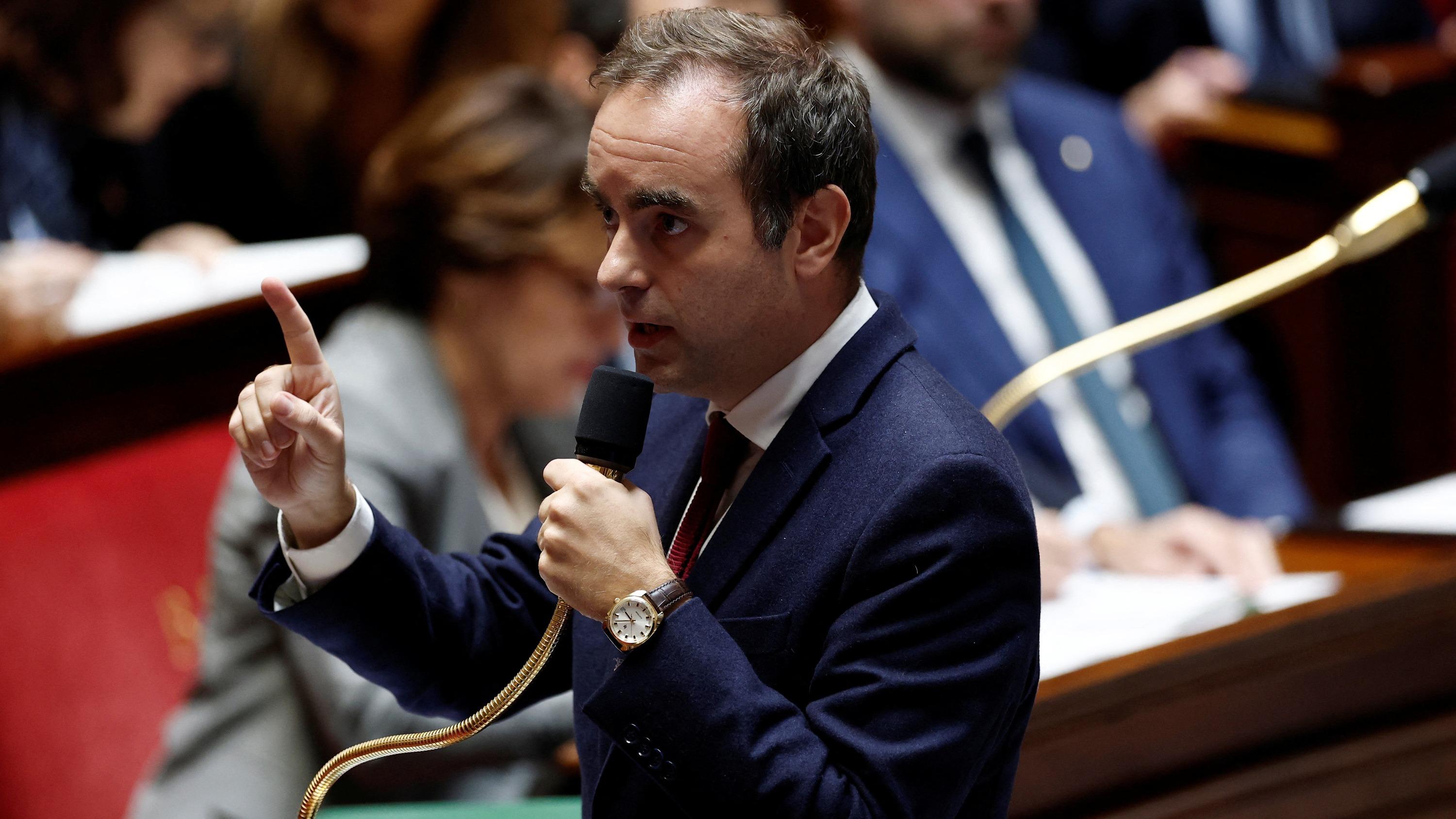French Government Backs Suspension of Pension Reform Amid Budget 2026 Debates
The French government formally commits to suspending the pension reform amid intense 2026 budget debates, navigating opposition criticism and parliamentary complexities.
- • Prime Minister Édouard Philippe officially submits suspension of pension reform in Social Security financing bill.
- • Minister Sébastien Lecornu reassures Socialist Party about the suspension despite procedural doubts.
- • Opposition including former PM Édouard Philippe vows to oppose pension age increase during budget debates.
- • Fiscal examination reveals surprising amendments and voting errors around tax measures.
Key details
The French government has moved to formally suspend the controversial pension reform amidst the commencement of the 2026 budget discussions in Parliament. Prime Minister Édouard Philippe announced a corrective submission to the Conseil d’État to incorporate the suspension of the pension reform into the Social Security financing bill (PLFSS). This move was underscored during a government question session at the National Assembly, where Minister Sébastien Lecornu reassured the Socialist Party about the government's commitment to the suspension despite parliamentary procedural challenges. Lecornu acknowledged concerns about reaching the relevant part of the PLFSS but asserted that the government’s good faith remains intact.
This suspension is intended to prevent potential government censure and is part of efforts to maintain political stability amid heated debates. Meanwhile, opposition voices, including former Prime Minister Édouard Philippe, criticized the concession, describing the suspension as overly generous to socialist demands. He pledged that deputies from his Horizons party would oppose raising the retirement age during the budget discussions.
In parallel, the Parliamentary fiscal examination of the 2026 budget is beginning with an expectation of numerous amendments, including unexpected ones like the removal of the tax on holdings, which passed due to voting errors by some deputies such as Éric Coquerel. The government’s promise to suspend the pension reform is also reflected in updated tools available to the public, including a retirement simulator to clarify how this suspension may affect individuals’ retirement age.
The debate also overlapped with discussions on other contentious issues, including a highly charged parliamentary report on the economic costs of the 1968 Franco-Algerian agreements. Communist Senator Ian Brossat condemned the report as "nauseating," highlighting its significance in broader political dialogues. Deputy Charles Rodwell added details on Algeria’s refusal to pay pensions for thousands of Algerians, resulting in France shouldering these costs.
Overall, the budget discussions are proving complex and politically charged as the government navigates demands for social protection reforms while managing parliamentary opposition and intra-government tension.
This article was translated and synthesized from French sources, providing English-speaking readers with local perspectives.
Source articles (4)
Source comparison
Latest news
Katy Spicher Sues French State for Denial of Justice Over Unsolved 1983 Murder of Her Mother
French Public Sees Rise in Political Violence Amid Pre-Municipal Election Tensions
Businesses Drive French Economy Amid Rising Financial Challenges for Youth
France Climbs to 4th Place in 2026 Winter Olympics Medal Table After Biathlon Relay Gold
XV de France to Field Largely Unchanged Lineup Against Italy in Six Nations
France and India Deepen Strategic Partnership with Focus on AI Regulation and Defense Cooperation
The top news stories in France
Delivered straight to your inbox each morning.

